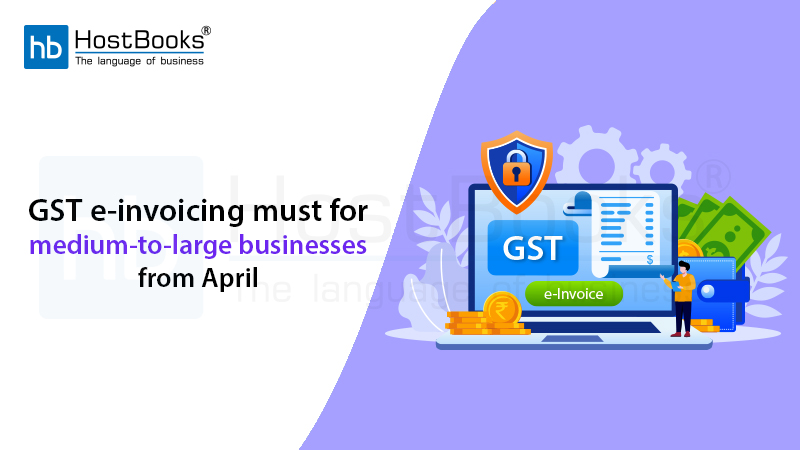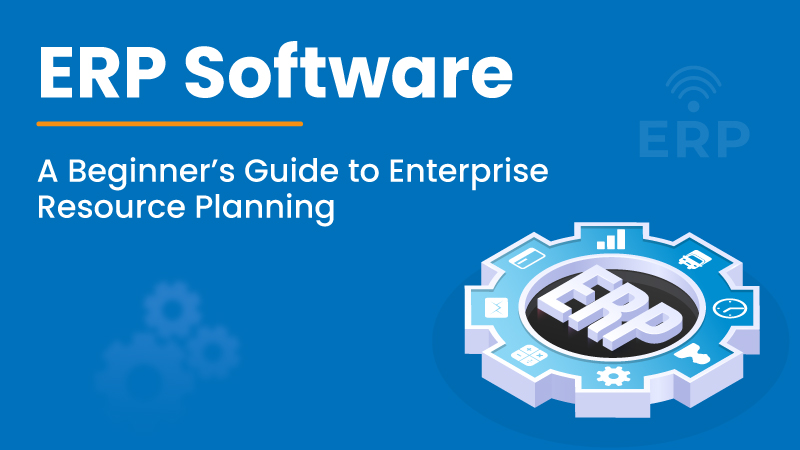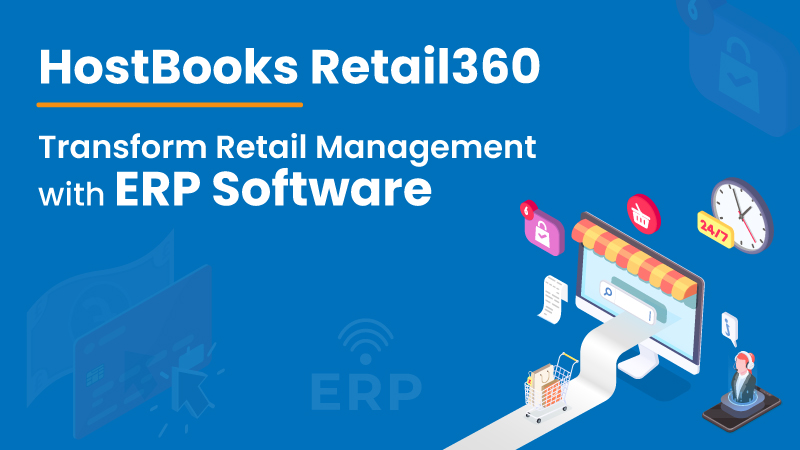GST e-invoicing must for medium-to-large businesses from April

Starting from April 1 next year, electronic invoicing (e-invoicing) will be mandatory for all businesses with a turnover of ₹100 Crore or more. The new system of generating e-invoices in a standard format will make it easier for the tax authorities to access details related to business-to-business transactions, curb tax evasion, and make compliance simpler.
The e-invoicing system will be implemented in a phased manner, beginning with businesses having a turnover of ₹500 Crore or more who would take up e-invoicing on a voluntary and trial basis from January 1, 2020, while businesses with a turnover of ₹100 Crore or more will start the same voluntarily from February 1, 2020. For both the categories, the system will be made compulsory from April 1, 2020, onwards. However, it will remain voluntary for businesses with a turnover of less than ₹100 Crore and might help them to build a credit history.
E-invoicing will plug tax evasion
According to a government release, “E-invoicing system will be a boon to MSMEs as it will open the facility of instant bank loans for them. With the new system of e-invoicing, banks may not require a plethora of physical documents and their validation. Rather, they can do MSMEs ratings for the loan on the basis of their e-invoicing.”
E-invoicing is also expected to promote ease of doing business and facilitate convenience for taxpayers by bringing further simplification to the GST return system including pre-populating the returns with the e-invoice details and reduce reconciliation problems. The main purpose behind the adoption of the e-invoice system is to improve accountability and keep a check on tax evasion. Under the proposed system, the firms’ systems will be linked to the GSTN portal, wherein the generated invoices will be passed on to the GSTN portal within 24 hours.

Try HostBooks
SuperApp Today
Create a free account to get access and start
creating something amazing right now!
















